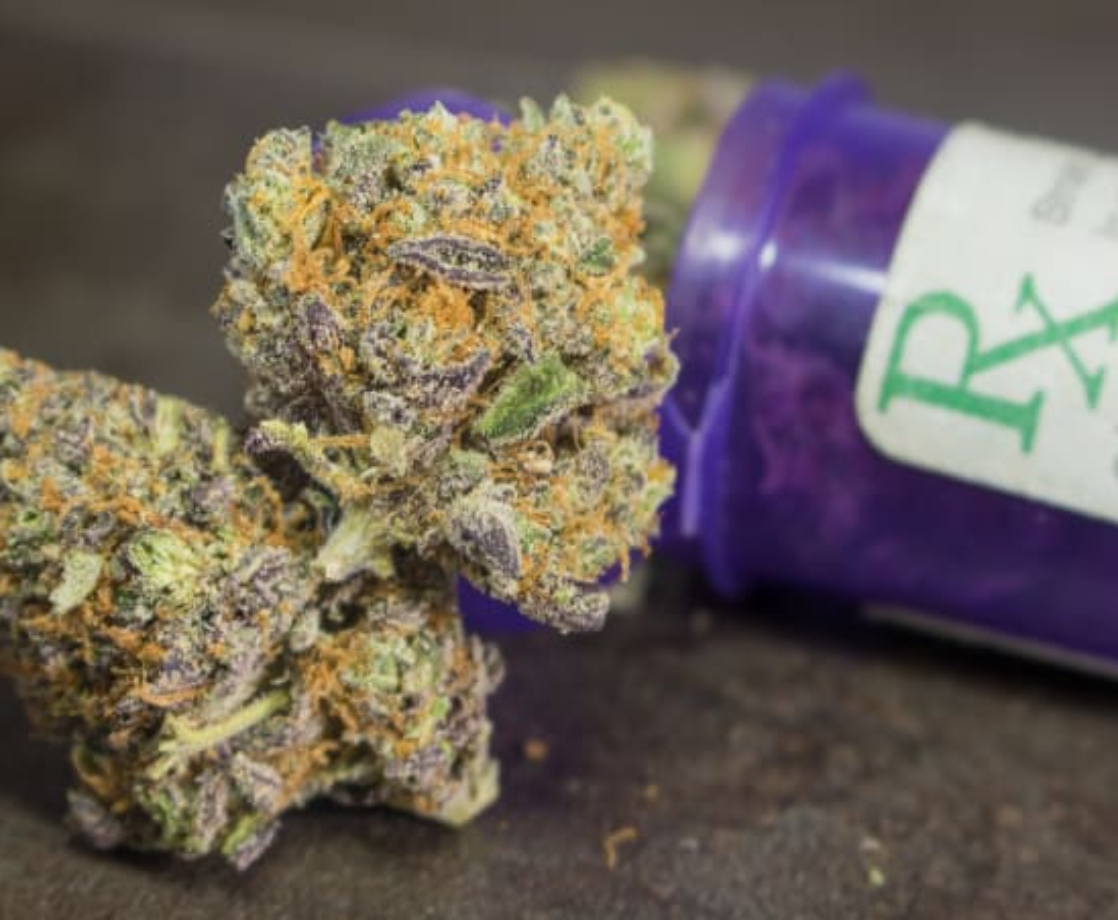The questionable legality of hemp-derived CBD products is continuing to cause issues across the country, leaving business owners and medical cannabis users saddled with fines, penalties, and even the threat of jail time for using a substance that is legal in 30 states. Although medical and scientific evidence has thoroughly confirmed the efficacy and safety of CBD in the treatment of numerous ailments, the DEA has classified it as a Schedule I drug with no medical use. This federal classification gives local law enforcement leeway to crack down on this medicine as they see fit, even if the drug actually remains legal under state laws.
Wyoming is the latest state to initiate a crackdown on CBD products proliferating across the state. Local stores are reporting that cops have recently demanded that they remove all CBD products from their shelves within seven days. The Wyoming Division of Criminal Investigation said that they’ve been collecting samples of these products since last year, claiming that many of them tested positive for THC. Although CBD is legal in the state, it is still a felony in the state to sell, buy, or possess any CBD product that contains more than 0.3 percent THC content.
The majority of all CBD products available for sale throughout the U.S. are not derived from marijuana, but from hemp plants, which naturally have little to no THC content. Manufacturers of several of the products that were recently pulled off the shelves have noted that the products in question are hemp-derived, and hence are compliant with the state's THC limit. “We don’t get our products from marijuana,” Josh Hendrix, director of business development at CV Sciences, manufacturer of one of the seized oils, said to the Jackson Hole News & Guide. “This has happened enough times that the misinterpretation gives us an opportunity to educate.”
A number of other states have witnessed similar crackdowns on CBD products by local authorities. Over the past two years, stores in Indiana, Alaska, and Tennessee have been raided by police over their sales of CBD products, although cops have had to back down and return these products in most of these occasions. Even in California, a recently republicized regulation on CBD food products and dietary supplements has some public health officials pulling CBD offerings from restaurants and retailers. One thing in common among these CBD crackdowns is that law enforcement has been focusing their efforts upon sellers of such products, not users.
But the situation has escalated even further in Wyoming, after police charged a woman with a felony for possessing a bottle of CBD oil she legally acquired in New Mexico. Nita Maddux was pulled over by local cops in Jackson last month while driving from New Mexico to Montana, and arrested on charges relating to her lack of insurance or a valid driver’s license.
During her arrest, police found that Maddux was carrying a bottle of CBD oil on her person. “I had a 10-milliliter bottle of hemp-derived CBD oil in my bag,” Maddux explains on her GoFundMe page. “At my job in New Mexico we were often sent samples to the store, and I had thrown it in for back pain on the long trip. I have a major disc injury on my back.” Police claimed that this product exceeded the state's THC limit, and charged Maddux with a felony, punishable by a $10,000 fine and up to five years in jail.
Jonathan Miller, general counsel to the U.S. Hemp Roundtable, told Planet Jackson Hole that Maddux's case was “unprecedented.” The 2014 Farm Bill legalized the production of hemp plants containing less than 0.3% THC content under a pilot program, and 40 U.S. states have individually legalized the production of hemp under this initiative — including Wyoming. “As long as hemp was grown as part of a state pilot program (like Maddux’s Functional Remedies CBD oil) then it is federally legal,” Miller said, adding that it also makes it legal for anyone “to take it across state lines.”
“It is quite unfortunate law enforcement would take that confusing law and charge someone for having a product that has virtually no THC and which the World Health Organization has classified as harmless,” Miller added. “I would hope law enforcement was focusing instead on drugs that kill people.”
As long as the federal government maintains its prohibition of all forms of cannabis, individuals and businesses will likely continue to be ensnared in confusing legal situations regarding CBD. Fortunately, federal lawmakers have proposed bipartisan bills to solve the problem, ranging from Senate Majority Leader Mitch McConnell's attempt to fully legalize hemp and all hemp-derived products (including CBD) to bills protecting individual states' rights to legalize cannabis. Meanwhile, a California company is trying to circumvent the problem entirely, by creating a CBD oil derived from hops, not cannabis.











